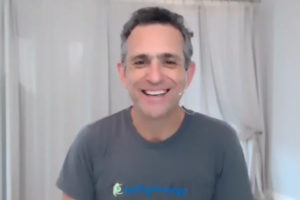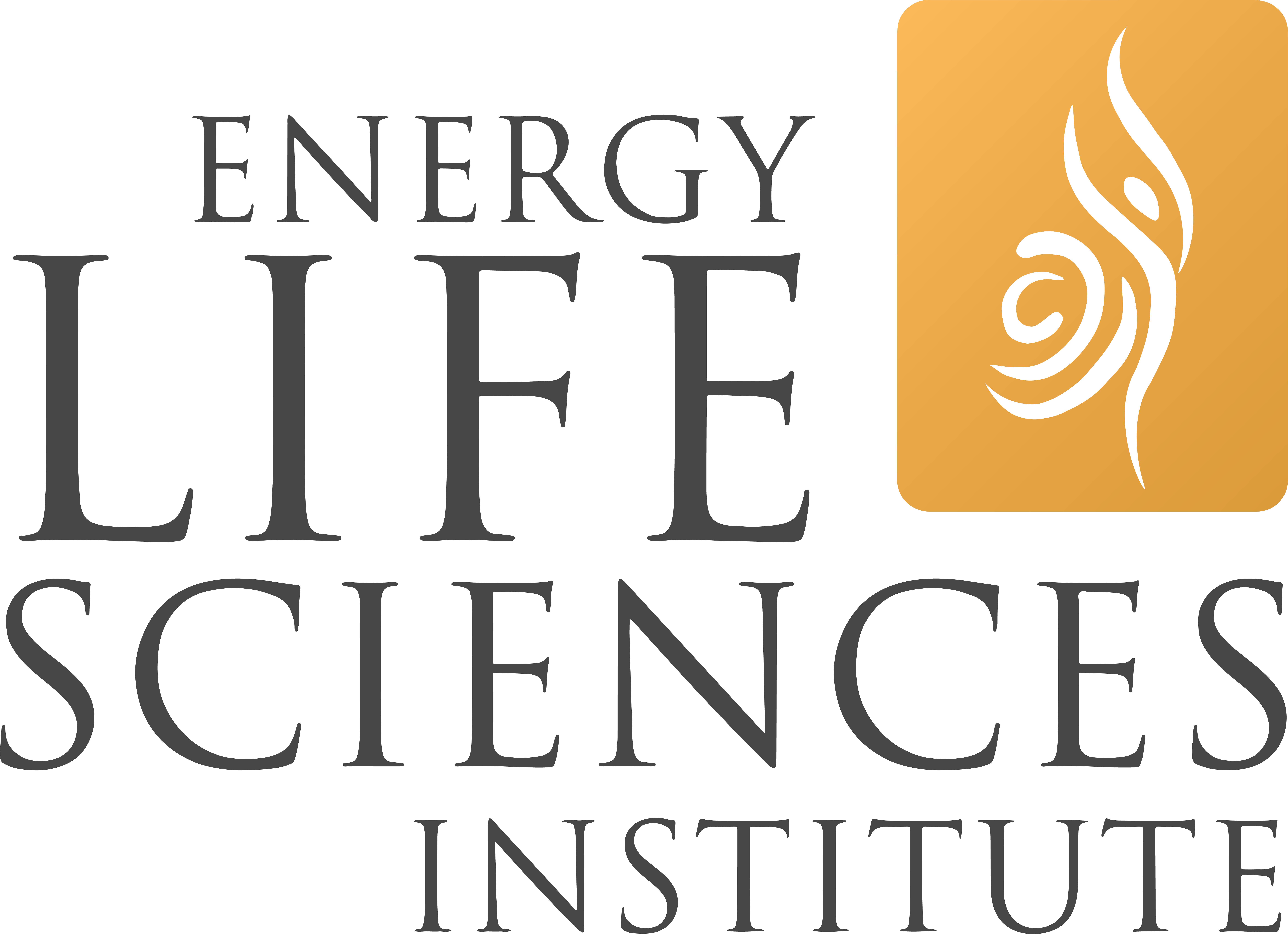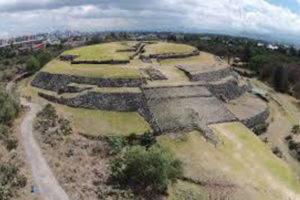
The science is in: Happiness matters!
It turns out that happiness and a strong social network are key components in your health and longevity. As the poet W. H. Auden put it, “We must love one another or die.”
This statement is borne out by research showing that social relationships can both extend your life and improve its quality. Studies prove that social connections—family, friends, colleagues, neighbors, churches and clubs—reduce risk of death by 50 percent. A stunning statistic!
Conversely, loneliness poses a very serious health risk. Comparable to smoking and twice as dangerous as obesity, loneliness can:
- Impair immune function
- Increase inflammation
- Raise blood pressure
- Increase cortisol (the stress hormone)
- Increase depression
- Disrupt sleep
Scientists have found that people are happier and feel safer when they are with other people than when they are alone, and that happiness is contagious.
Conducted over 20 years, the Framingham Heart Study, published in the British Medical Journal, concluded: “People’s happiness depends on the happiness of others with whom they are connected. This provides further justification for seeing happiness, like health, as a collective phenomenon.”
Interestingly, being happy also influences our health at the level of our genes. Researchers at UCLA studying the human genome learned that people with a deep sense of happiness and sense of purpose in life had lower levels of inflammatory gene expression and stronger immune systems. The opposite was true for the type of happiness that is momentary and based in self-gratification (enjoying an ice cream cone for example).
The head of the research team, Steven Cole, said that one of the things this 10-year study shows “is that doing good and feeling good have very different effects on the human genome, even though they generate similar levels of positive emotion… Apparently, the human genome is much more sensitive to different ways of achieving happiness than are conscious minds.”
 True happiness is as much a state of mind as it is an emotional and physical (and genetic!) expression. Experiencing gratitude and looking for the good in life is an important part of it. As the fictional Pollyanna said “… there is something about everything that you can be glad about, if you keep hunting long enough to find it.”
True happiness is as much a state of mind as it is an emotional and physical (and genetic!) expression. Experiencing gratitude and looking for the good in life is an important part of it. As the fictional Pollyanna said “… there is something about everything that you can be glad about, if you keep hunting long enough to find it.”
There is even more reason to be glad if you can share your happiness with friends and family.
Happiness, and how your emotions affect your biochemistry, is one of the things that we’ve addressed in ELSI’s Feed Your Body + Soul classes. Join us for our next class to gain tools and information to start the New Year filled with happiness, hope and abundance.





















